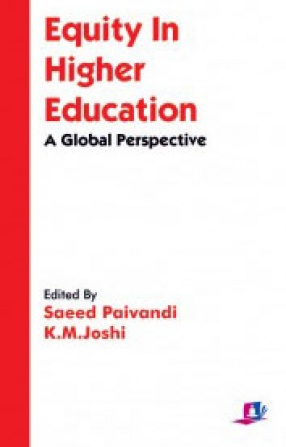Discrimination against women is universal. The structural framework of women’s subordination has also remained unchanged in India. Her status can be explained as the extent to which she has access to knowledge, economic resources and political power, as well as the degree of autonomy in decision making and making personal choices. In all respects, her status remains poor in India. Whatever incremental improvement has come about in her status, civil society organizations have played an important role. Despite number of legislations, Indian women continue to remain far from accessing her rights. In the event of rights violation, she rarely approaches the conventional justice delivery system for relief because the process is too slow and full of loopholes. This book presents number of case studies to establish the reasons for their aversion to police and courts. The Rajasthan Case Study strongly makes a strong case for significant changes in justice delivery systems, without which women expect little improvement in their status, safety from violence, recognition of their rights, or access to justice through the courts. This book should be of interest to all those interested in gender development and women empowerment in India, and researchers and students.
Women Rights: Access to Justice
In stock
Free & Quick Delivery Worldwide
reviews
Bibliographic information
Title
Women Rights: Access to Justice
Author
Edition
1st ed.
Publisher
Bookwell Publications, 2007
ISBN
8189640348
Length
xix+352p., Tables; Bibliography; 26cm.
Subjects








There are no reviews yet.